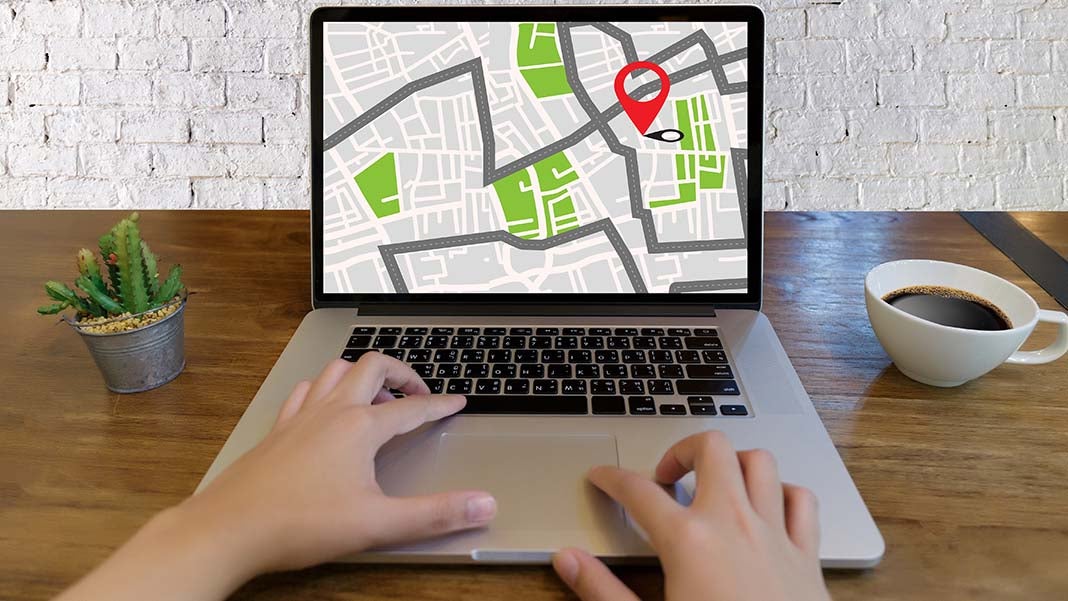Local SEO and SEO Are Not the Same

Local SEO and SEO are not the same
This is the only local SEO guide that you will need to crack the local SEO code. It’s not a demanding thing to do. Just check all the boxes in this checklist and you will see the positive difference it makes to your business.
Local SEO targets customers over a geographical area. If you can rank for searches related to businesses in your geographical proximity, you will attract customers. That is the idea.
To rank on the Google Map Pack for results, you must score well on the following factors:
- Distance of the searcher from your business.
- The physical address of a business.
- Backlinks to the business website.
- Relevant categorization of your Google My Business page in the details filled.
- Presence of keyword in business title and description.
- Good citations.
- Clicks earned from search results.
Here is how you go about getting a local SEO strategy in place:
- Your website must have a Contact and an About page. The contact details should include Name, Address, and Phone (NAP) details. The phone numbers should be clickable on mobile devices.
- It is vital that the NAP details remain the same across your website, citation sources such as Yelp, and Google My Business. Search engines value consistency and take correct and accurate business details as a measure of honest intent.
- Schema structured data markup is a great tool that lets search engines gather relevant context about your business. Rich snippets that you may have seen on search results originate from structured data. Your local business website pages must have this data. You can learn more about Schema on the Google Webmasters Blog.
- SEO is content driven. Local SEO feeds off content with local intent. Strategize to target a local audience with content on your website and social media pages. You have a defined community to connect to. You know their likes, dislikes, and needs. That is a big advantage.
- Great content will get you backlinks. Links are never going to go out of fashion. They are the gold standard for a website’s relevance. With quality backlinks, you will rank higher on organic searches. This has a healthy effect on your local SEO rankings, where you’re trying to rank for Google My Business searches.
- Use local keywords for content titles and meta tags. It’s basic local SEO due diligence. Local keywords are towns, cities, neighborhoods, etc. Do it for all content. This habit will also help you streamline the flow of content across various channels.
- Do an SEO version of cross-sell and upsell. Provide ancillary information that your customers can use. For example, if you run a pub or a bar at a holiday destination, then inform readers about the activities to be enjoyed there, best time to visit, etc. It’s relevant content and will give you traffic via long-tail keywords.
- Further enrich the content with videos and photos. With a local audience, it really pays to appeal to all their senses to the extent you can – smell, touch, sight, sound. With videos and images, you can do this.
- Local businesses have a great advantage that they can leverage backlinks as well as citations and reviews to gain the trust of search engines and customers. Pay particular attention to getting valuable citations from top sources such as Yelp, Yellow Pages, BBB, Manta, Citysearch, Facebook, etc.
- Customer reviews and peer opinions are content that prospects trust instinctively. Encourage your customers to leave an opinion or review on Google and Yelp.
- Work on building a presence on social media. Enthusiastic and satisfied customers on social media are great brand evangelists and “force multipliers”. Connect directly with your audience on social media. Search engines factor social media engagement for ranking on SERPs. As a local business, you cannot afford aloofness. You have to be SOCIAL.
It’s easy to claim verified profiles for your business on social media sites, and the benefits are appreciable if you work on the pages you build on Facebook, Pinterest, Twitter, and LinkedIn.
Implement the above steps. Audit your site every three months to check for any discrepancies. Use analytics data from search and social media to assess where the site’s doing well and things that could be tweaked for better results. If you need help, let us know, fill out our form. We’re here to help.












